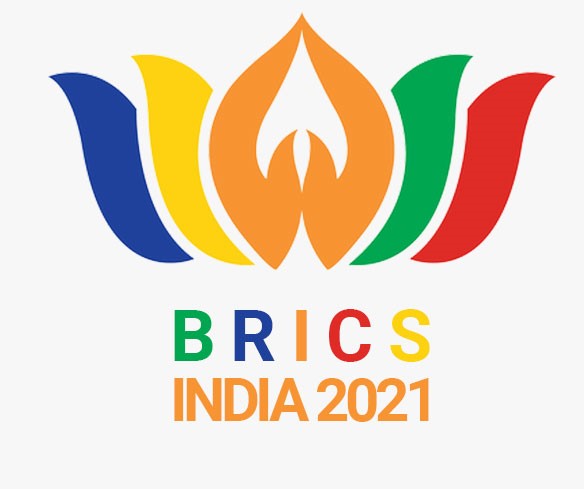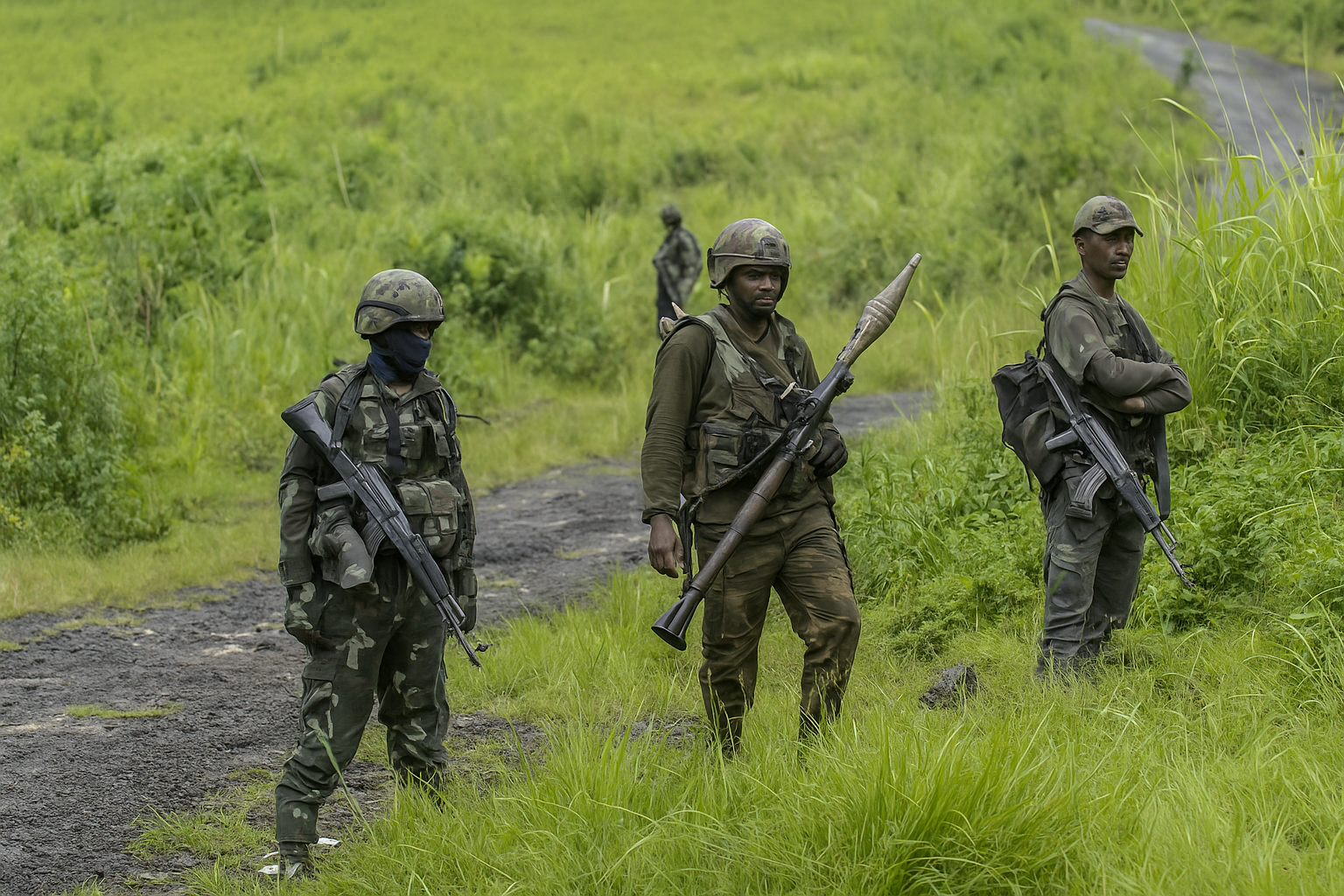Description

Copyright infringement is not intended
Context:
- India as the current BRICS Chair convened the 7th Meeting of BRICS Communications Ministers.
Key highlights of the summit:
- The Ministers recognized the significant role of ICTs in increasing the effectiveness of BRICS countries' response to the challenges caused by the COVID-19 pandemic and assisting in the recovery of economies, business continuity, and minimizing the social and economic impact of the Covid-19 pandemic.
- It discussed the need to work together to develop multi-pronged approaches and reference models for affordable access to communications services and digital technologies for benefitting people, thereby achieving Sustainable Development Goals (SDGs).
- Ministers expressed concerns on the risks and ethical dilemmas related to Artificial Intelligence and encouraged members to work together to deal with such concerns and risks of Artificial Intelligence and its ethical and responsible uses.
BRICS Partnership on New Industrial Revolution (PartNIR)
- Ministers adopted the Terms of References of Digital BRICS Task Force and supported the advancement in work of the BRICS Partnership on New Industrial Revolution (PartNIR).
About BRICS
- This plurilateral grouping comprising Brazil, Russia, India, China and South Africa is chaired by turn.
- India held the chair in 2012 and 2016
- The importance of BRICS is self-evident: it represents 42% of the world’s population, 30% of the land area, 24% of global GDP and 16% of international trade.
Four priorities of BRICS
- Launched by a meeting of the Foreign Ministers of Brazil, Russia, India and China in 2006 and riding on the political synergy created by regular summits since 2009.
- BRIC turned itself into BRICS in 2010, with the entry of South Africa.
- The grouping has gone through a reasonably productive journey. It serve as a bridge between the Global North and Global South.
- It developed a common perspective on a wide range of global and regional issues; established the New Development Bank; created a financial stability net in the form of Contingency Reserve Arrangement; and is on the verge of setting up a Vaccine Research and Development Virtual Center.
What are its immediate goals now?
- As the current chair, India has outlined four priorities.
Reform of multilateral institutions
- The first is to pursue reform of multilateral institutions ranging from the United Nations, World Bank and the International Monetary Fund to the World Trade Organization and now even the World Health Organization.
- BRICS emerged from the desire to challenge dominance (by the U.S.) in the early years of the century, and it remains committed to the goal of counter-dominance (by China) now.
Resolve to combat terrorism
- The second is the resolve to combat terrorism. Terrorism is an international phenomenon affecting Europe, Africa, Asia and other parts of the world.
- Tragic developments concerning Afghanistan have helped to focus attention sharply on this overarching theme, stressing the need to bridge the gap between rhetoric and action.
- BRICS is attempting to pragmatically shape its counter-terrorism strategy by crafting the BRICS Counter Terrorism Action Plan containing specific measures to fight radicalisation, terrorist financing and misuse of the Internet by terrorist groups.
Promoting technological and digital solutions for the Sustainable Development Goals
- Digital tools have helped a world adversely hit by the pandemic, and India has been in the forefront of using new technological tools to improve governance.
Expanding people-to-people cooperation.
- But enhancing people-to-people cooperation will have to wait for international travel to revive. Interactions through digital means are a poor substitute.
BRICS opposes exceptionalism: China
- BRICS has been busy deepening trade and investment ties among its member states.
- The difficulty stems from China’s centrality and dominance of intra-BRICS trade flows.
- There is an urgent need for diversification and strengthening of regional value chains.
- Policymakers have been encouraging an increase in intra-BRICS cooperation in diverse areas like agriculture, disaster resilience, digital health, traditional medicine and customs cooperation.
- China’s economic rise has created a serious imbalance within BRICS; Beijing’s aggressive policy, especially against India, puts BRICS solidarity under exceptional strain; and BRICS countries have not done enough to assist the Global South to win their optimal support for their agenda.
https://www.pib.gov.in/PressReleasePage.aspx?PRID=1765821






